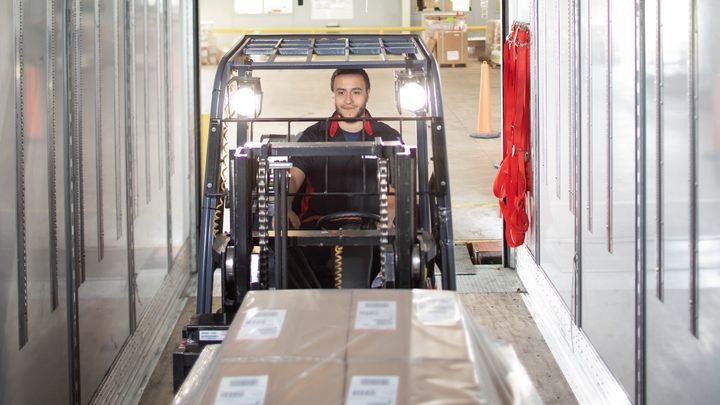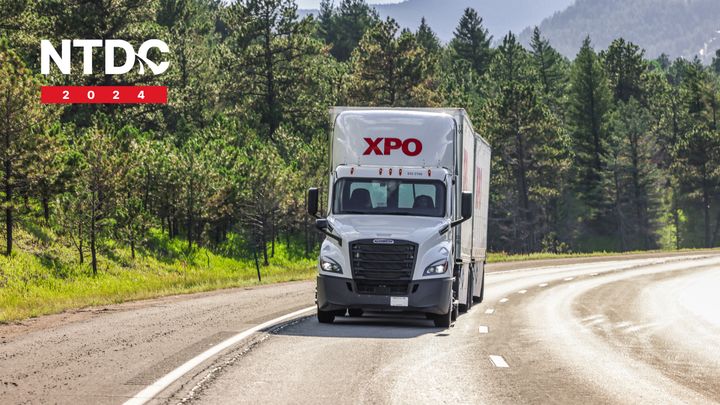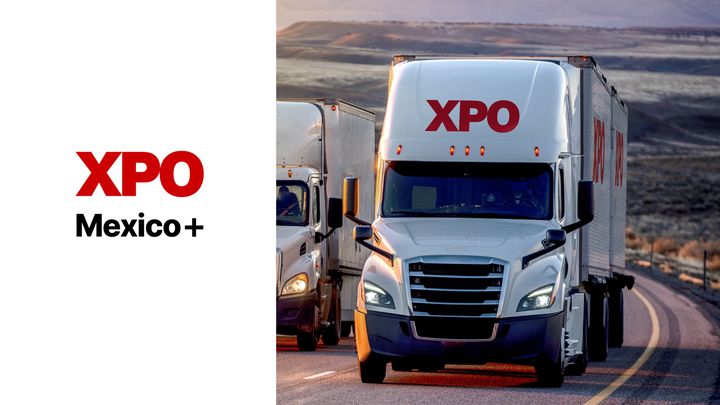The Secret to Safety
Safety – the first and most important of XPO’s values – permeates every level of our company’s culture. Nowhere is that clearer than at one of our supply chain sites in Huntsville, Alabama, accident-free for over ten years. So how did they do it?
There’s a certain poetry to the fact that a facility responsible for making devices that keep us all a little healthier is itself extraordinarily safe.
That’s the case at the Huntsville, Alabama plant XPO helps run. The facility makes most of the catalytic converters used by today’s biggest automakers – devices that turn the harmful pollutants emitted by internal combustion engines into compounds that aren’t poisonous. In its ten years of operation, our plant, with 122,000 square feet of warehouse space and 42 employees on staff, hasn’t experienced a single OSHA-recordable accident.
Kevin Howlett is currently the site’s Operations Manager, but ten years ago he was one of the facility’s original five employees. “I started here in 2008 as an order picker, second shift,” he remembers. “I’ve driven the shuttle truck, worked in the office, been a supervisor – I’ve done everything there is to do here.” During that decade, he’s had a front-row seat to the practical side of staying safe.
Grassroots Habits
Much of it, he admits, involves developing exactly the sort of habits you’d expect. “Daily reinforcement. Daily safety talks during pre-shift meetings. Going over weekly safety briefings and discussing how they relate to our site.”
Even briefings about equipment Huntsville doesn’t have or accidents they haven’t experienced are still worth studying. “Just because we haven’t had a problem doesn’t mean it can’t happen in our house,” he says. “Back when we started, our dock safety process involved a red light, a wheel lock, or a dock chock – that was sufficient. Now we make drivers turn in their keys.”
The real keys to success, however, are the employees themselves. “We use a grassroots approach that gets everyone involved,” Kevin explains. “One of my supervisors heads up weekly safety meetings, and he tries to pull in different people for the committee every week. The more people participating, the more ideas you have.”
The team is also careful to ensure that everyone – even brand-new employees in their first day on the job – take responsibility for one-another. “I tell my people, if you see somebody doing something unsafe, say something to them. I don’t care if it’s your buddy, the Ops Manager or the Vice President of the company.”
The effort, Kevin says, has to start from the ground up. “You can train your employees all day long, but until they understand the why behind the policies, they might allow one of their fellow employees to step out in front of a forklift. It’s the simple things that matter.”


